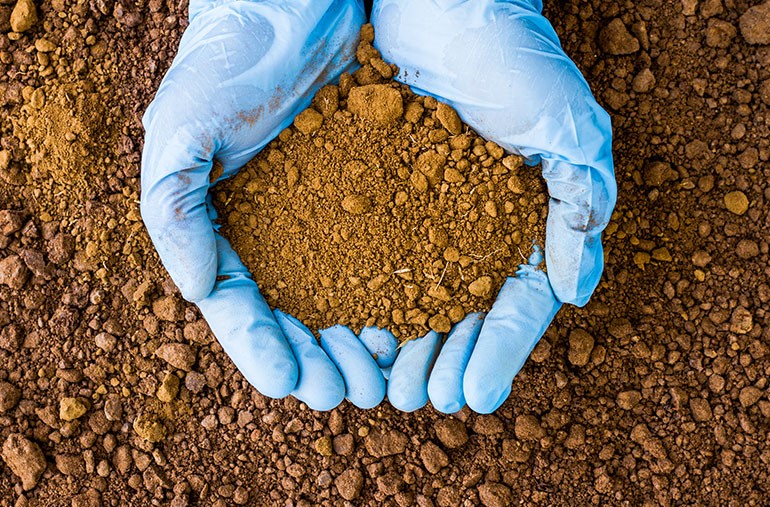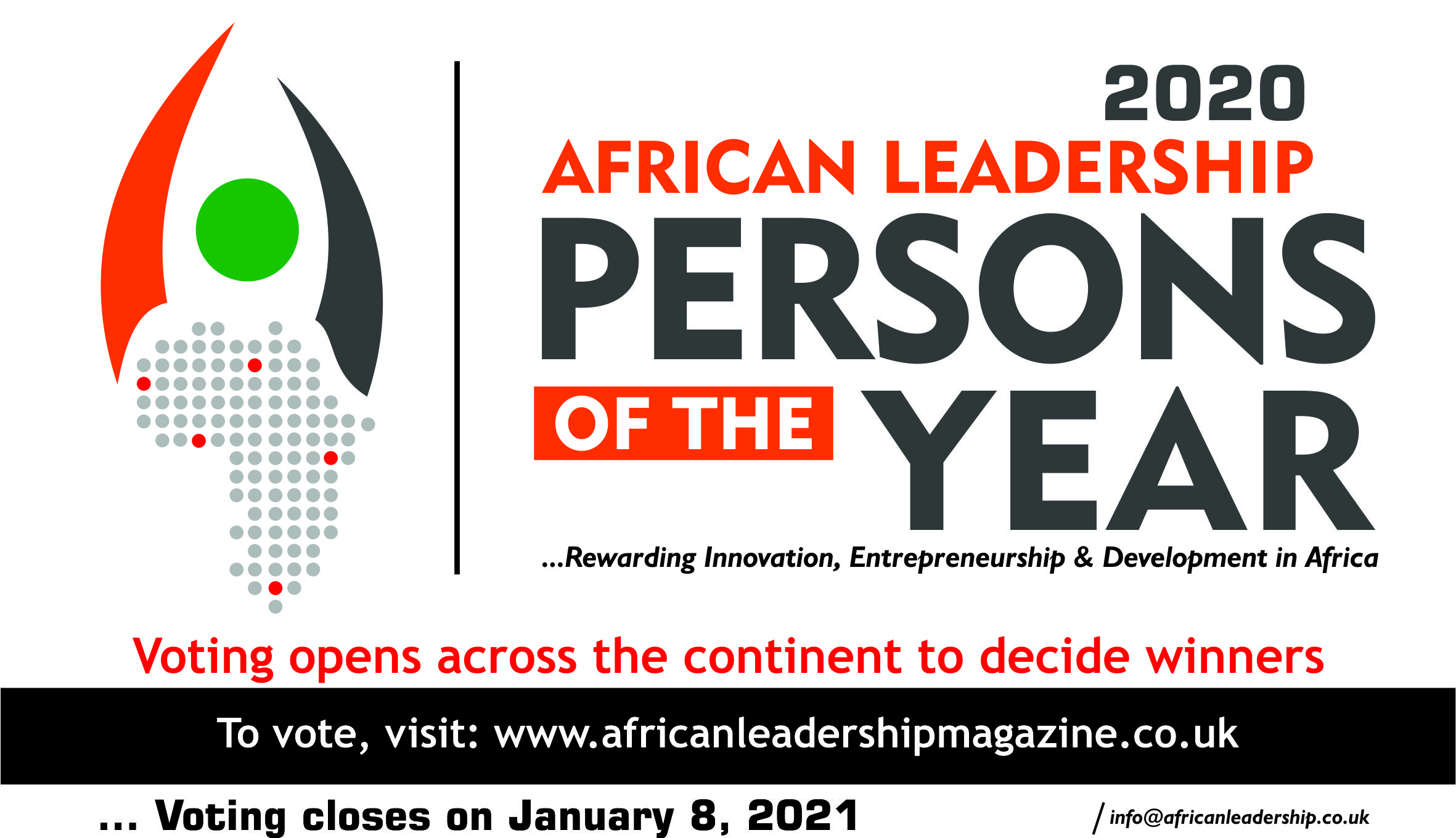South Africa’s health department expects to finalize accords to buy millions of additional coronavirus vaccines within about a month and has agreed on an expedited payment process with the National Treasury to avoid delivery delays.
President Cyril Ramaphosa said this week that his administration had secured 20 million vaccine doses this year, without giving any detail on who would supply them or what they would cost. His announcement came days after the government struck a deal for an initial 1.5 million doses of a vaccine developed by AstraZeneca Plc and the University of Oxford from The Serum Institute of India Ltd., with first shipments set to arrive this month.
The 20 million doses will include a previously announced allocation from the World Health Organization’s Covax initiative that will be sufficient to inoculate 6 million people, but excludes those from the Serum Institute, said Anban Pillay, deputy director-general in the health department.
The additional vaccines “have been procured from an agreement perspective, we have signed off on that,” but details can’t be revealed at this stage, he said in an interview. “I think we will probably close all the deals in the next month or so because companies are now booking their supplies for quarter two to four.”
The government has faced criticism from leading scientists, labour unions, and opposition parties for being slow off the mark in securing the vaccines. Forty-five countries have already collectively administered 32.4 million doses, data collated shows, with some nations pre-paying while the shots were still in development to secure early delivery.
Pillay denied the health department had been remiss and said the country is on track to meet its target of vaccinating two-thirds of the population of 60 million within 12 months, enabling it to achieve herd immunity.
“We were presented with vaccine candidates, and we didn’t know whether they would work, whether they would be safe and whether they would be delivered in January,” he said. “No one could give that guarantee. So how would we have reneged on our responsibility if we didn’t want to take a risk around that? It would be a different thing if they had said we would deliver this to you on this date and we turned them away.”
Pillay also rejected accusations that delays in the payment of a deposit to Covax last year had set back the vaccination program, saying the due process had to be followed with the Treasury and the facility had been notified.
‘No Impact’
“Covax has not released stock to any country,” he said. “The delay in the payment had no impact on the distribution.”


